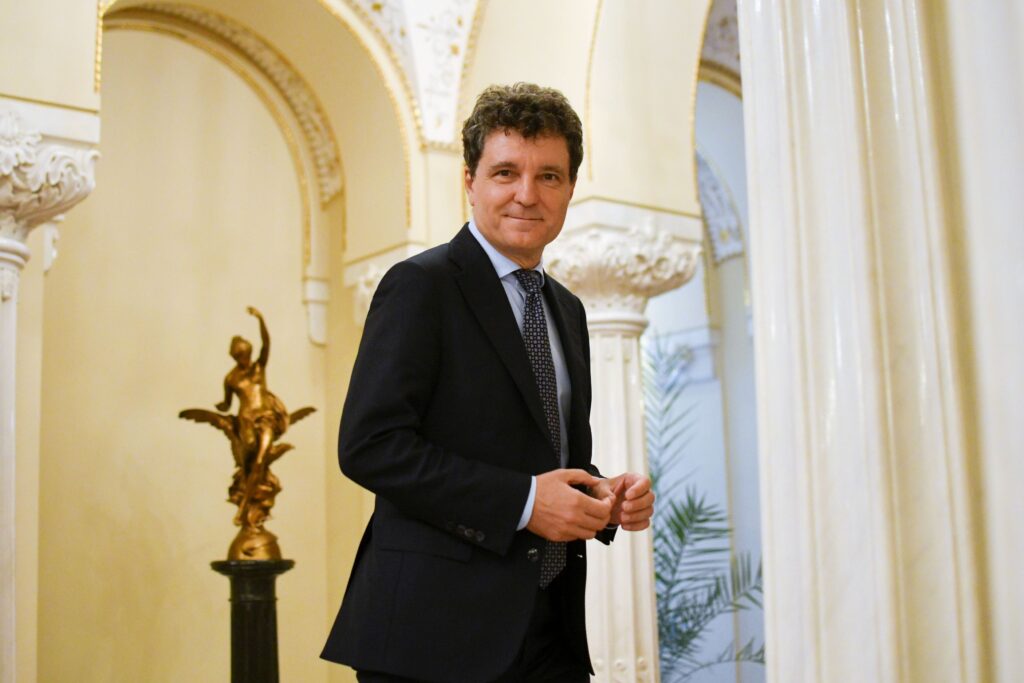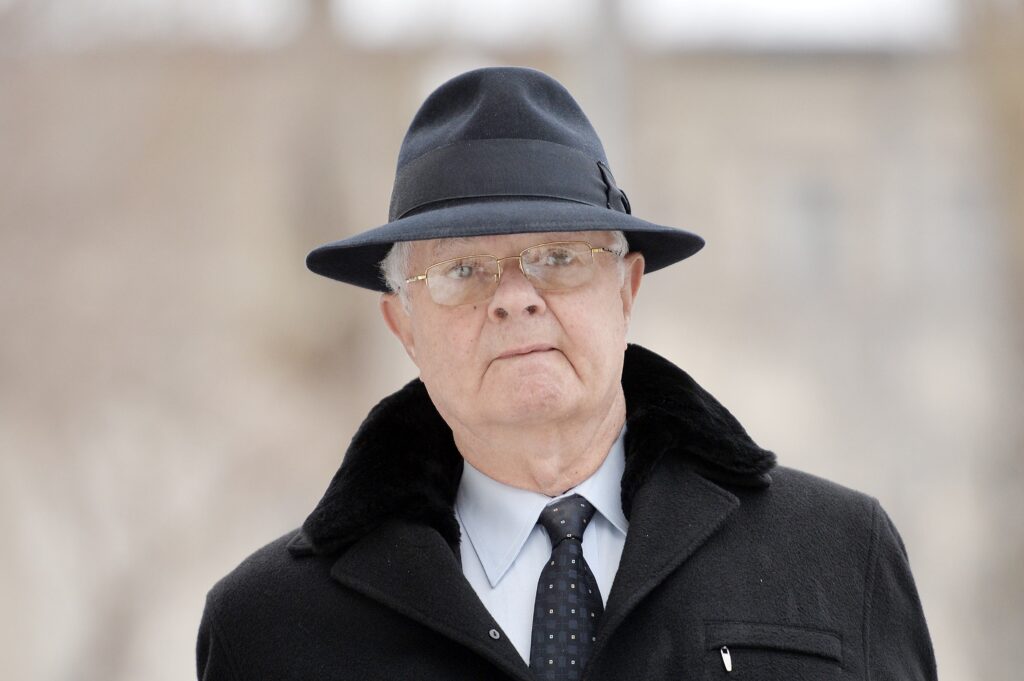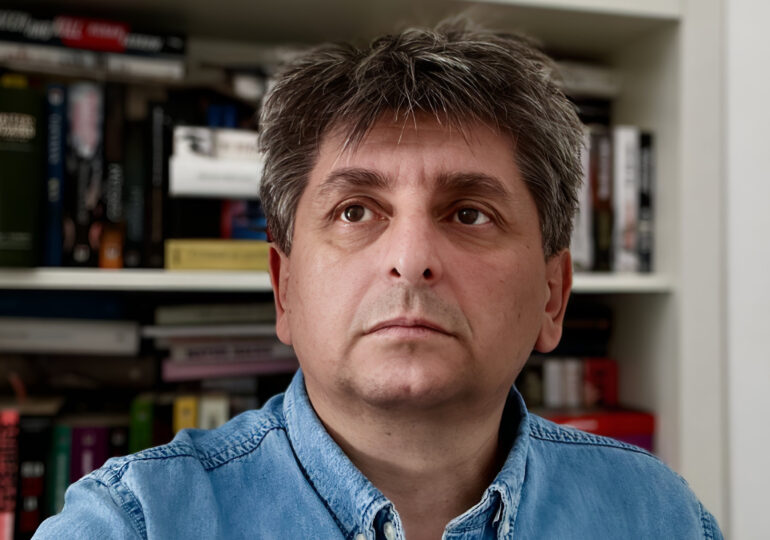Nicușor Dan has set two major objectives for the Romanian Intelligence Service. The first is to find solutions to limit and deter Russia’s hybrid attacks, so that Kremlin’s interference in Romania’s political processes is minimized.
The second objective aims at restarting the fight against corruption, carried out with the help of the Romanian Intelligence Service, which must find constitutional formulas to communicate effectively with prosecutors.
The president’s statements have sparked strong reactions. Interestingly, the first to react negatively to President Nicușor Dan’s proposals were AUR leaders. Furthermore, their reactions focused on SRI’s involvement in the fight against corruption and, surprisingly, less on the objective regarding combating Russia’s hybrid warfare.
However, there is a hidden objective here. By attacking the fight against corruption, AUR representatives and other critics of the president are actually trying to undermine Romania's new defense strategy, as referenced by Nicușor Dan.
By blocking the relaunch of anti-corruption actions, the process of limiting Russia's interference in Romania is also undermined.

Corruption Supports Russia
The question that arises is why Nicușor Dan linked the two objectives, establishing them as essential for the functioning of the SRI and defining them as key components of the new defense strategy, to be validated by CSAT?
In my opinion, they were presented together because there is a connection between the two major themes, Russia and corruption in Romania. Looking at recent history, we see that the major corrupt individuals since 1990 have been and remain supporters of Russia. They are the ones who allied, including last year, against pro-European forces in Romania.
They are vocal supporters of Călin Georgescu and, later, George Simion in presidential campaigns. There are almost no exceptions: every major corrupt individual, after Russia's invasion of Ukraine, became a sympathizer of Vladimir Putin.
Why this happened is an important question, as the answer explains the political evolution of the past decades and the reason why an in extremis intervention by former President Iohannis was needed to cancel the first round of the 2024 presidential elections, won by the pro-Russian candidate Călin Georgescu.
The New Elite
Let's go back to the '90s, immediately after the fall of Ceaușescu's regime. That's when Ion Iliescu came to power, a leader with strong connections to Moscow, who consolidated his power with the support of the Kremlin and Russia's people in Romania.
Thus, at the helm of the newly established Romanian Intelligence Service was appointed Virgil Măgureanu, a character who, in turn, had connections with the Russian secret services during the Warsaw Pact period.

Mihai Caraman was appointed as head of the Foreign Intelligence Service, a former KGB spy who managed to compromise NATO by infiltrating a spy network within the alliance — a network that operated for over a decade.
These two key figures rebuilt and consolidated a series of influence networks that remained active in Romania and were directly linked to the intelligence services of the former Soviet Union. Russia, inheritor of the know-how of the former KGB, continued to use them.
Although they did not operate at full intensity until 1999, that period allowed the new elite in Romania, who came to power with the support of the Soviet Union, to control important resources, accumulate wealth, take over the infrastructure and assets of the Communist Party. Thus, they continued to manage and control privatizations, financial flows, and the launch of new businesses. Therefore, the new elite, which became the center of post-December corruption, had a direct connection to Russia's influence networks used during the 1989 Revolution.
The Dual Command
In my opinion, the connection between corruption and Russia represents a fundamental aspect.
Many figures are part of both structures, and every time an attempt was made to remove or marginalize them, they received support from Moscow, coming through various channels of informal exercise of power in Romania.
Through these corruption networks, numerous Russian investors have infiltrated, who have had businesses in Romania or have been sent to sabotage certain strategic industries - industries that could have contributed to the country's economic and energy independence, ultimately reducing Moscow's influence.
We can especially talk about the stagnation in the energy sector. There have always been influential individuals, with ties to Moscow, who have done everything possible for Romania to continue buying gas and oil from Russia, instead of developing its own production system and achieving energy independence.
This is the main reason why, for example, we have so many abandoned or unfinished energy objectives, which are being intensely discussed these days in the context of energy price liberalization.
The objectives set by SRI mark a major change in the concept of national security. Russia and corruption are presented as the main threats to Romania's independence, security, and prosperity. The question that remains is whether President Nicușor Dan will succeed in implementing the new concept.

